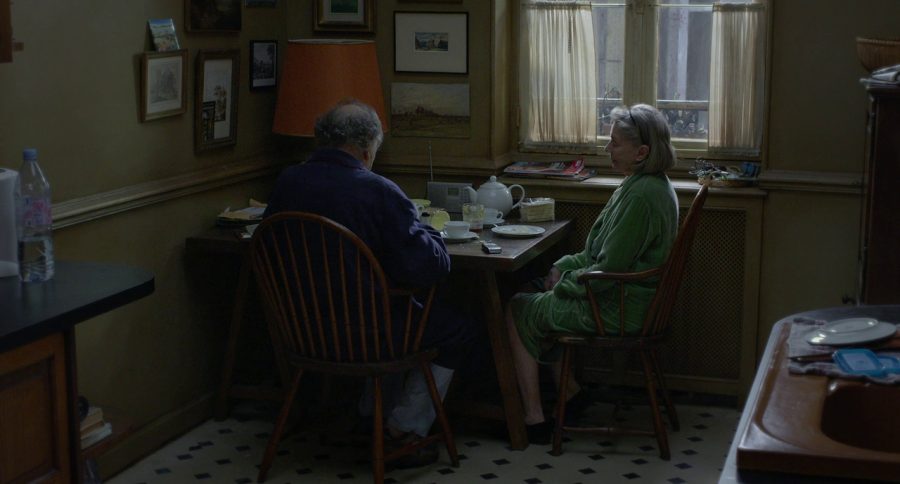Foreign films: soothing to the soul
I watch foreign films and you should too (seriously)
FilmGrab
Still from Amour, which is among many foreign films which depict life with great simplicity, detail, and beauty
I’m not one who really enjoys watching movies by myself. But a while ago, I was bored and really just wanted to sit and watch something.
That night, I wound up watching the film Bicycle Thieves (1948, Italian) which prompted me to deeply question why I wasn’t watching more foreign films. I had always enjoyed them, but I never watched them regularly.
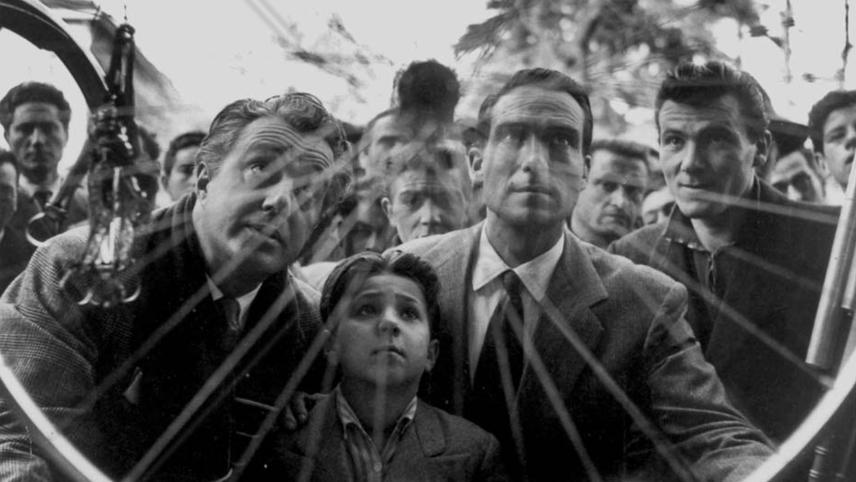
There’s something distinctly refreshing in many foreign films that simply isn’t present in the majority of American movies I’ve seen: They actually have something significant to say. And I think that’s why I couldn’t really stand watching most American films by myself; it always felt more or less fruitless due to the superficiality of many of them.
Don’t get me wrong, not all foreign films are amazing and not all American films lack depth. This is simply a trend I’ve noticed as I’ve watched more foreign films.
And no, I am not involved in film on an “official” level and so maybe that makes my opinion irrelevant. Or maybe it has the opposite effect.
Something I find annoying about how a lot of Americans think is this idea that we’re the best at everything. Though in actuality, we’re not in numerous areas.
Film, though less serious, is one area in which we deem ourselves superior. And so I think a lot of people shut themselves off to the idea that filmmakers from other countries might also know what they’re doing, and may even do it better (*gasp*). If this is you, I genuinely feel bad for you ‘cause there are some gems out there.
Let me just list a few that I feel surpass the quality of most American films through capturing the realities of life in a beautiful and evocative way. Creds to the public library for letting me watch them all for free.
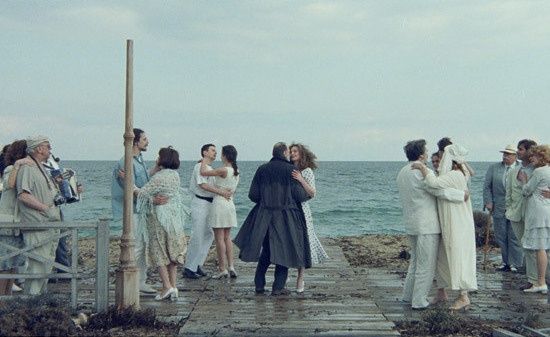
Eternity and a Day (1998, Greek) – I loved everything about this one. We see Alexander, a dying and depressed poet, help a young boy return to his home in Albania. Reminiscences of earlier moments in his life and his time with his now-deceased wife are weaved throughout. This film was everything I imagined it would be and more. Visually – just wow, very serene. Also, the soundtrack is beautiful. Very grateful to writer/director Theo Angelopoulos for making this. Pure poetry.
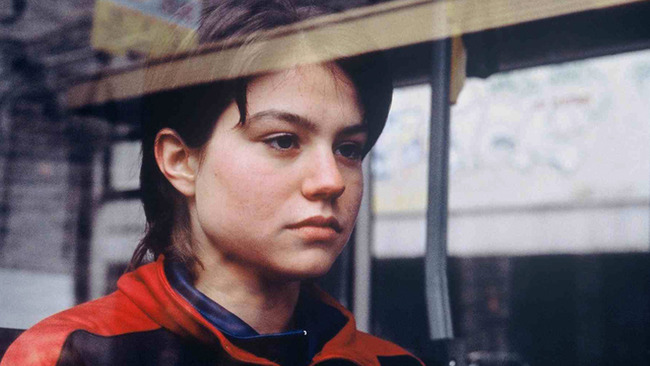
Rosetta (1999, Belgian-French) – Very, very real and raw. Which I love. It follows the life of a young woman named Rosetta (unsurprisingly) who struggles to find or keep a job to support herself and her alcoholic mother. The filmmakers Jean-Pierre and Luc Dardenne bring the viewer close to Rosetta, creating an intimate experience. Also, Belgian waffles make multiple appearances, so you know it’s good.
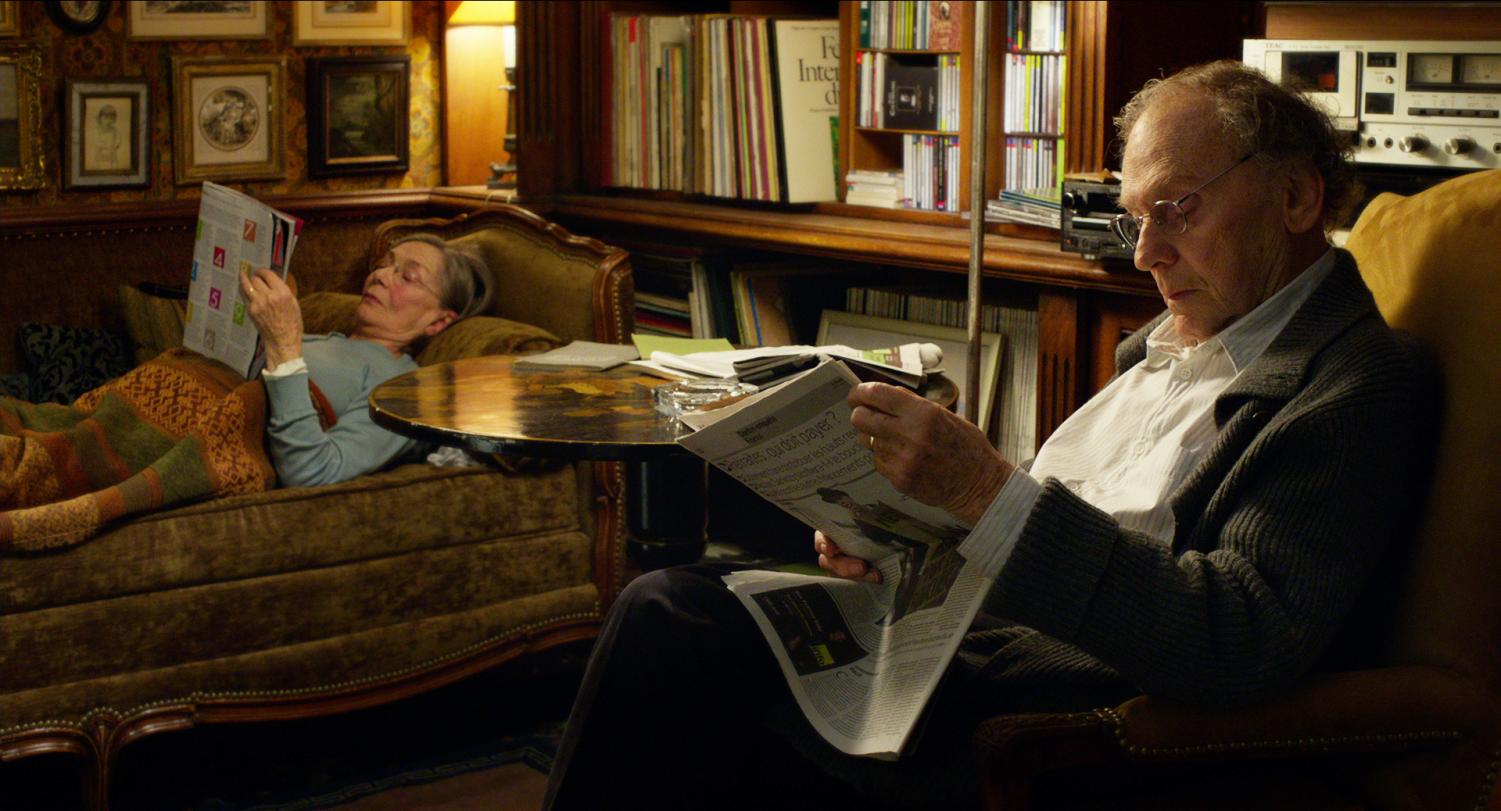
Amour (2012, French) – So. Amour. *sips tea* I was not prepared if I’m honest. I’m not a crier, but I cried three times. Like most of these films, the plot is simple. We follow an old couple, Georges and Anne, as they adapt to the new challenges that arise when Anne has a stroke. This film had my attention and my heart from the beginning – I didn’t want to look away. I know I have minimal knowledge of film, but the way it was shot was just “wow” and definitely why I cried so much. The often simple and prolonged fixed positioning of the shots made for an extremely intimate and intense viewing experience as writer/director Michael Haneke pulled me into the pain and struggle and, most importantly, the love shared by Georges and Anne. Just beautiful. In every way.
Obviously, Parasite was widely well-received when it came out. While I thoroughly enjoyed it, I can’t help but feel like it only rose to such popularity because it was more violent than most other foreign films are (aka more in line with what we accept in mainstream American film).
But this common avoidance of foreign films may even allude to a wider cultural issue especially in our generation. I think the way foreign films depict life in such an honest way may make some people uncomfortable. I’ve heard people my age say how they hate being alone and simply thinking. So, sure, I can see why a film that would provoke deeper thinking and feeling might be unappealing or scary to some.
In an indirect way, perhaps the theatrics of many American films may represent this effort to mask these unsettling thoughts and realities within.
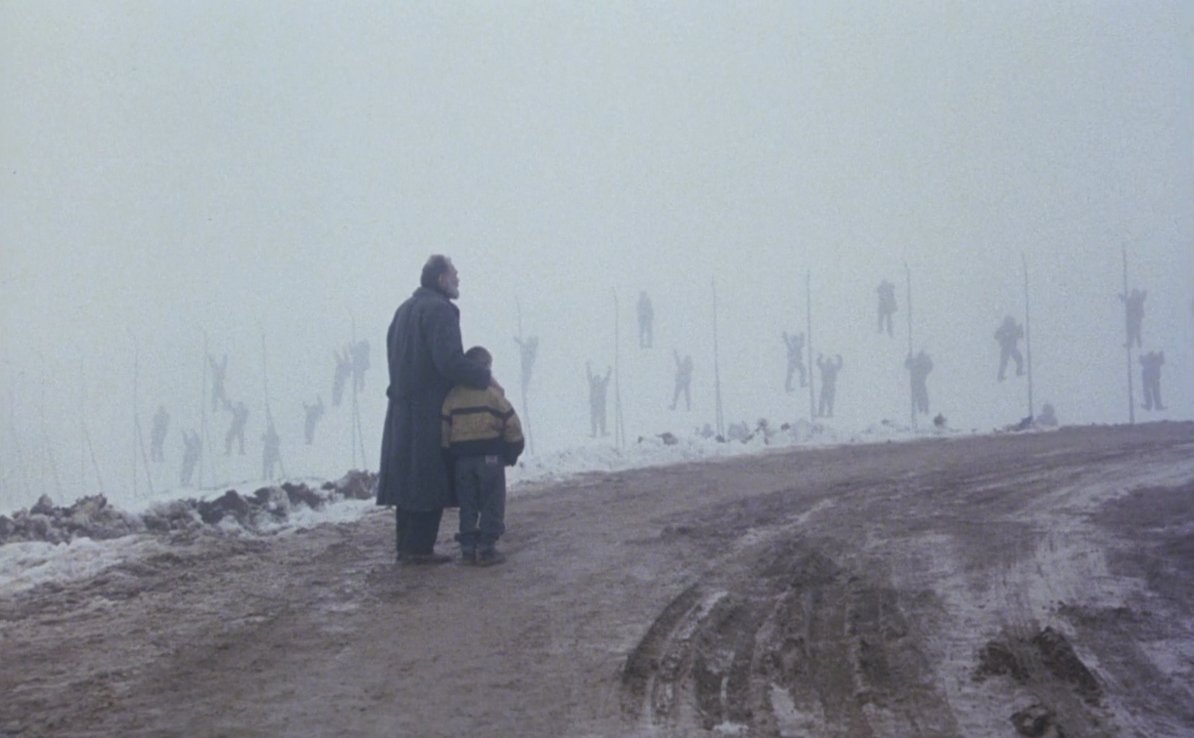
But if you don’t watch foreign films just because there’s subtitles, that’s a bad excuse. You get used to it, I promise. It’s so worth it.
We shouldn’t just stick with what’s comfortable or mainstream. Though foreign films are often phenomenal in their own right, they also provide a window for us to get to know a culture, people, and/or time completely different from our own. And through that, we also gain insights into the experiences that bind us together as humans.
We ought to humble ourselves and realize the world is bigger than us.









































